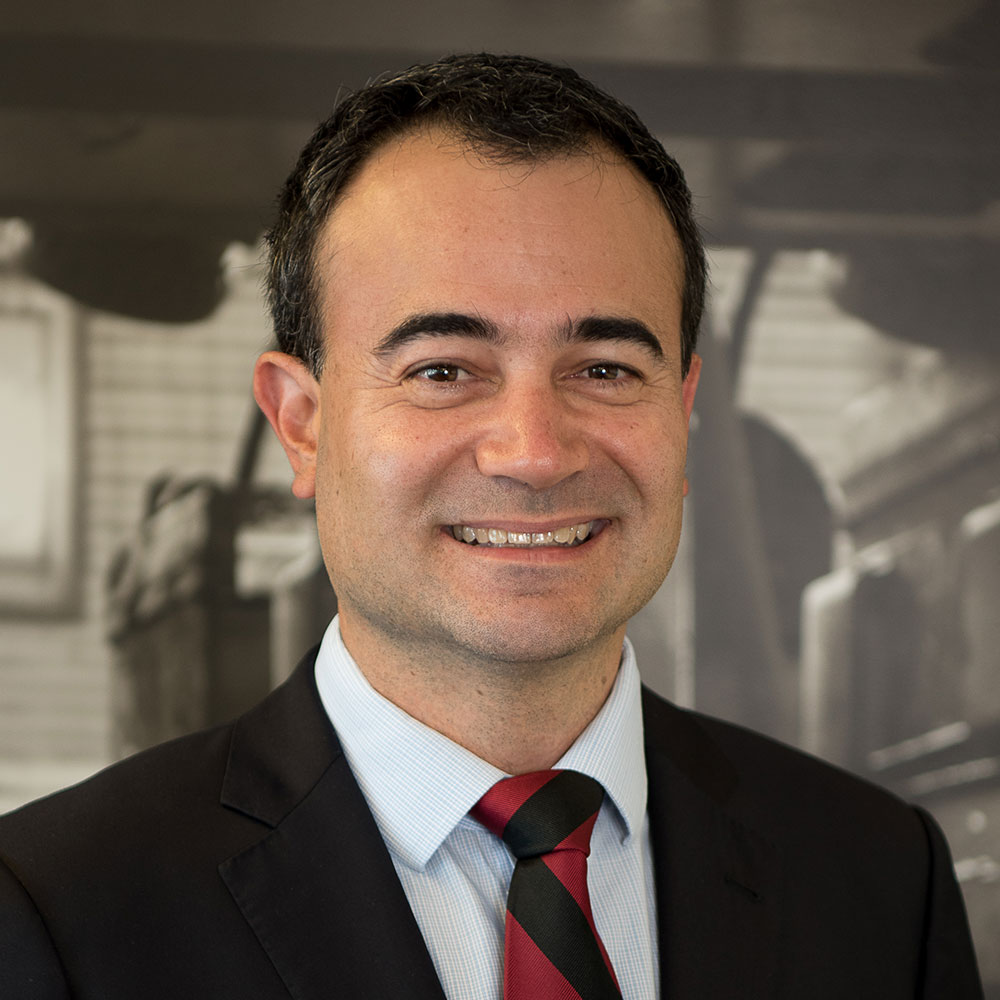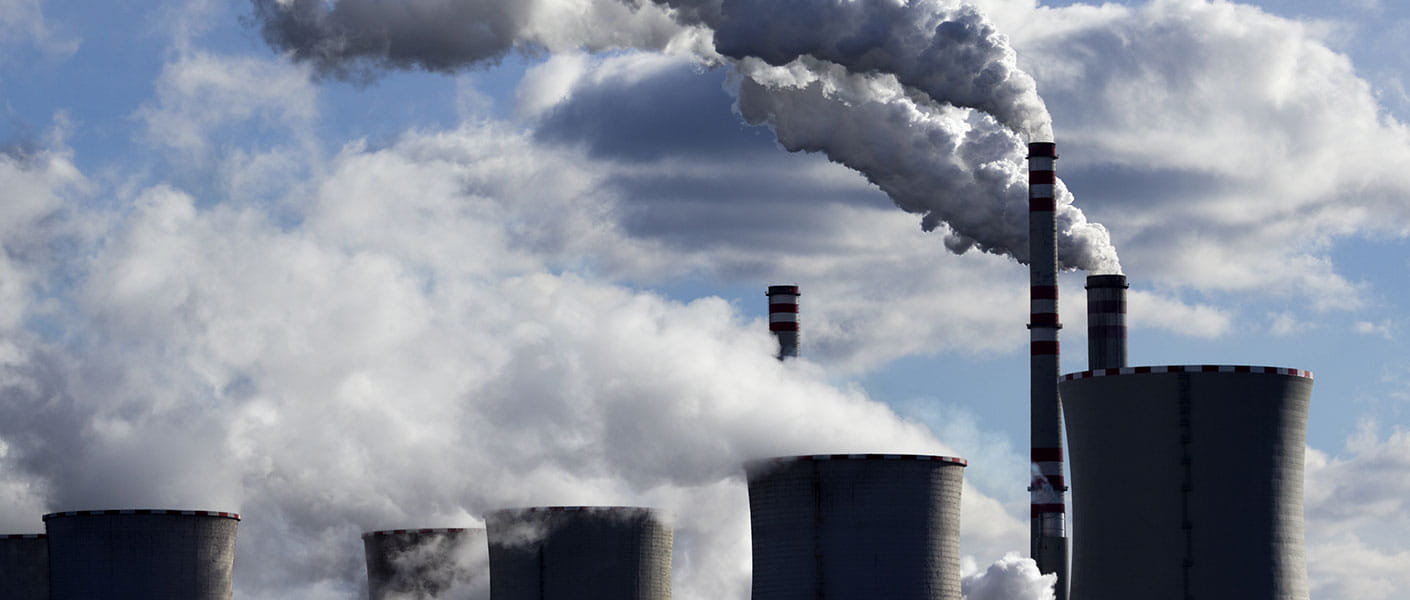
Chai McConnell
Principal Consultant


PRISM Podcast Series
Interviewer: Anthony Holt
Transcript:
Anthony:
I’m with Chai McConnell, a Principal Consultant with Advisian, who for many years has advised governments, companies and not-for-profit clients in Australia and around the world on low-emission technologies, particularly Carbon Capture and Storage or CCS.
Chai, thanks for taking the time to share some of your thoughts with us.
Chai:
Pleasure to be here.
Anthony:
The recent Finkel Review into the National Energy Market has stimulated a significant debate about the role of carbon capture and storage and so called 'clean coal' in Australia’s future energy mix. Can you briefly explain what the technology is and what role it might play going forward?
Chai:
CCS is a technology where CO2 is captured, transported and stored underground from large stationary sources like coal and gas-fired power stations, gas processing facilities like those at Gladstone and the Gorgon project in WA and cement and steel production plants.
Key stakeholders like the Intergovernmental Panel on Climate Change (the world’s peak body on climate change) and the International Energy Agency all state that CCS must be deployed to achieve the Paris Accord targets, as part of a portfolio approach. It is the only technology that has the potential to be retrofitted to existing coal-fired power stations, or designed into new-build coal or gas-fired power stations
Anthony:
CCS has attracted many critics that say that it’s not viable. What do you say to these critics?
Chai:
Undoubtedly the business case for CCS is challenging. But, we at Advisian like to help our clients find solutions to the tough challenges.
We recently undertook a world-first study with a major Chinese technology developer to determine the feasibility of a CCS project capturing over 1MTPA in China. The capture costs of this study showed a step-change reduction relative to the successful and operating, large-scale Boundary Dam project in Canada.
In Australia, the CO2CRC recently published a study that showed that the costs of CCS on a black-coal fired power station was comparable with solar thermal power generation with storage. So it is viable.
Anthony:
One thing we hear about CCS is how it is applied to coal-fired power generators, but there are numerous other applications for this technology as well.
Chai:
Yes absolutely. CCS is very flexible and can be applied to a range of large stationary emitters, not just coal and gas-fired power generation.
Any modern country needs cement, chemicals, iron and steel production. CCS is the only technology that can make deep cuts in emissions to atmosphere in these industries. So if you are serious about climate change, the reliability and affordability of low emission electricity and deep cuts in emissions from these other key industries, CCS should definitely be considered.
Anthony:
Chai, once again, thank you for sharing your opinions.

Principal Consultant